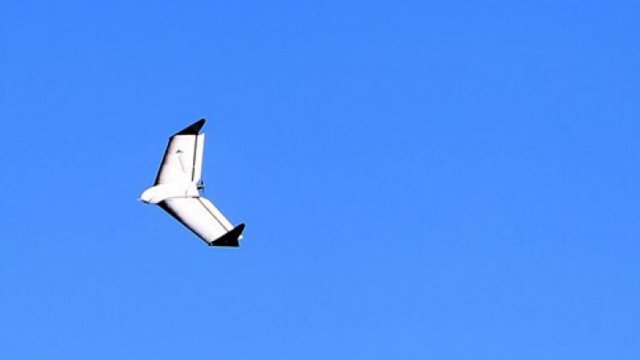The US Federal Aviation Administration faces a second legal challenge over its ban on non-recreational flying of unmanned aircraft – and the first coming from a non-profit organization dedicated to searching for missing people. Texas-based EquuSearch filed a lawsuit in the US Court of Appeals in Washington DC, asking the court to over-turn a two-month-old FAA order prohibiting the non-profit organization from using unmanned aircraft sytems (UAS) as part of its search efforts.
“The FAA order should be set aside because it is unlawful, arbitrary, capricious, an abuse of discretion and not otherwise in accordance with the law,” wrote Brendan Schulman, the attorney representing EquuSearch and volunteer Gene Robinson.
The case was filed about six weeks after an administrative law judge for the National Transportation Safety Board (NTSB) ruled in favour of another Schulman client – Raphael Pirker.
That decision challenged the FAA’s move to classify any UAS flown for commercial purposes as identical to Part 91 category manned aircraft. Pirker was fined $10,000 for operating an aircraft recklessly, since he was not a licensed pilot.
According to the FAA’s policy, the same UAS flown by Pirker for recreational reasons would be considered a “model aircraft” and subject to only a few restrictions, such as to avoid airspace near airports and flying above 400ft.
The FAA has since appealed the ruling in the Pirker case to the board’s appointed members.
The new lawsuit filed by Schulman on behalf of EquuSearch seeks to overturn the FAA’s ban on non-recreational UAS flying, even if the purpose is for humanitarian reasons rather than profit-seeking activity.
EquuSearch has been using UAS to help search for missing people since 2005. The UAS are flown under 400ft and operated only by unpaid volunteers, according to the lawsuit. But the FAA ordered the non-profit organization to stop using UAS in an order dated 21 February, calling the flights “illegal” under the FAA’s rules.
In Schulman’s legal complaint, he argues that the FAA has not formally issued regulations concerning small UAS, and is relying on unenforceable policy statements to order EquuSearch to stop flying the aircraft.
The FAA has been working to define regulations for UAS since 2007. The agency has a deadline to initiate a rulemaking process on small UAVs below 24.9kg (55lb) by the end of this year.
The FAA responds that it has a process for allowing public agencies to fly UAS in commercial airspace called a certificate of authorisation or waiver (COA), meaning that Equu-Search could be added to a COA if named in a public agency’s application.
However, the FAA has granted less than 550 COAs as of last December.
“The FAA is reviewing the appeal,” a spokeswoman says. “The agency approves emergency certificates of authorisation (COAs) for natural disaster relief, search and rescue operations and other urgent circumstances, sometimes in a matter of hours. We are not aware that any government entity with an existing COA has applied for an emergency naming Texas EquuSearch as its contractor.”
Source: Flight Global

